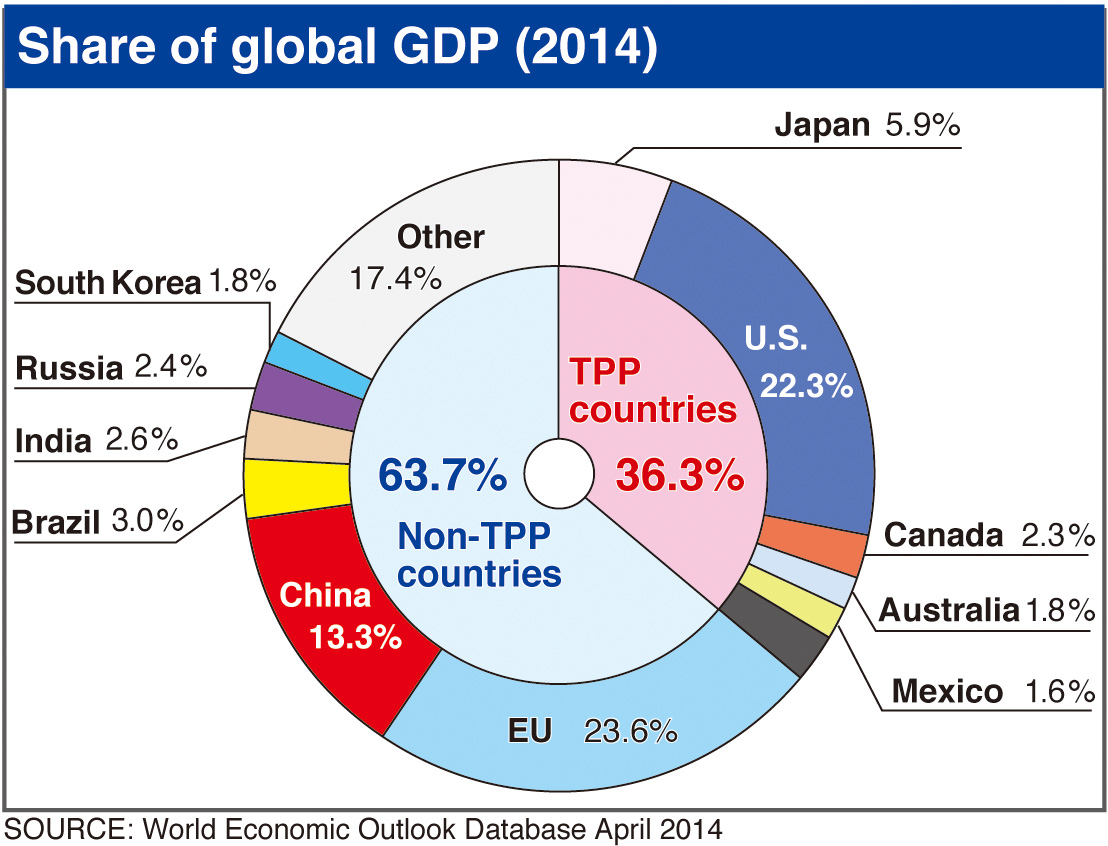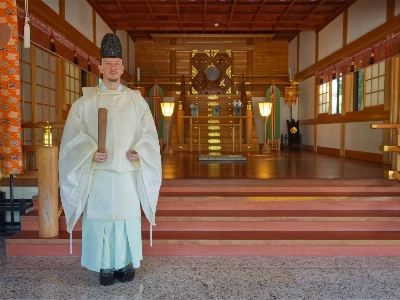The Trans-Pacific Partnership, tentatively brokered late Monday, will become a cornerstone of Tokyo's trade strategy as it tries to expand the scope of free trade zones globally.
Experts said it will strengthen Tokyo's hand and could boost a range of sectors, such as auto exports.
Although a latecomer to the talks, Japan ended up playing a critical role in closing the 12-party deal, they said.



















With your current subscription plan you can comment on stories. However, before writing your first comment, please create a display name in the Profile section of your subscriber account page.